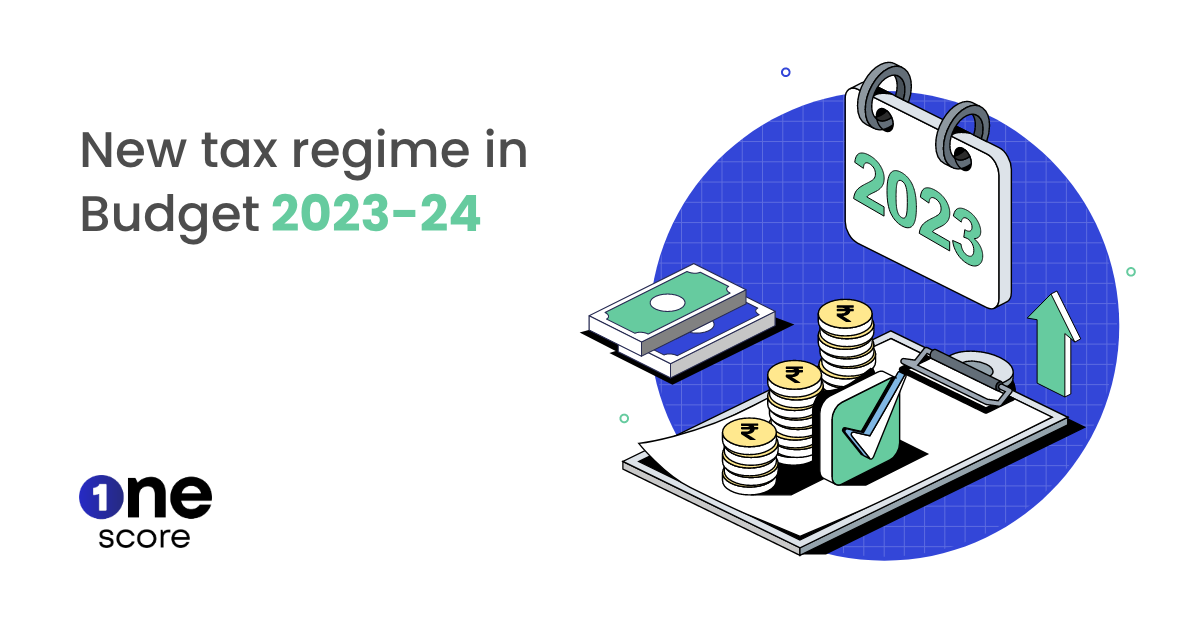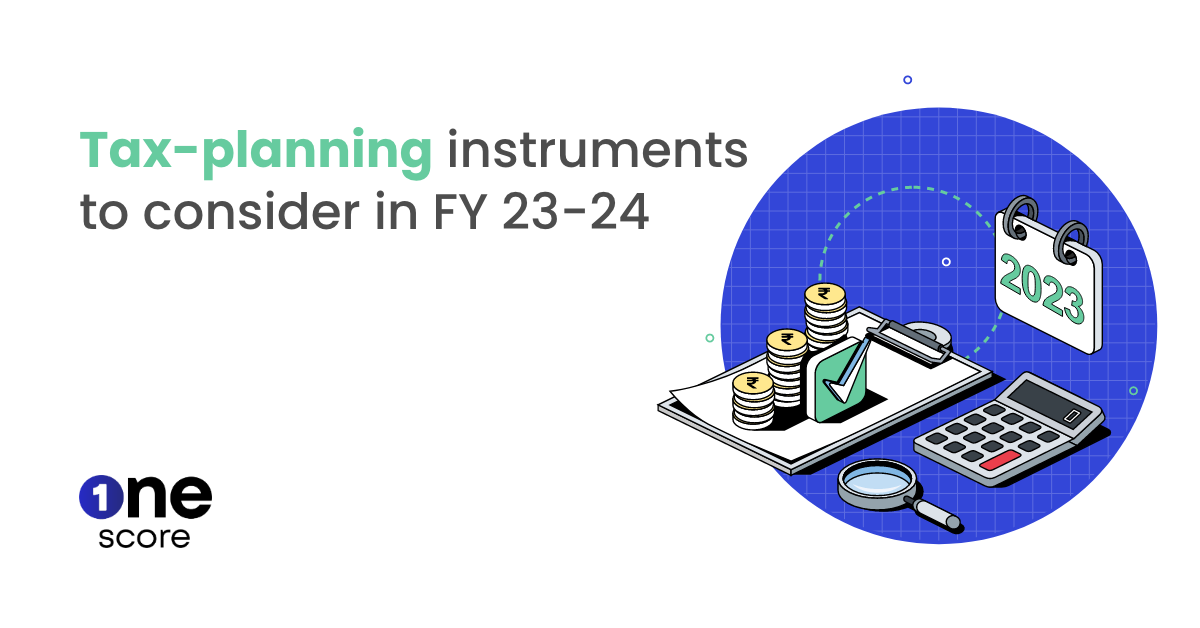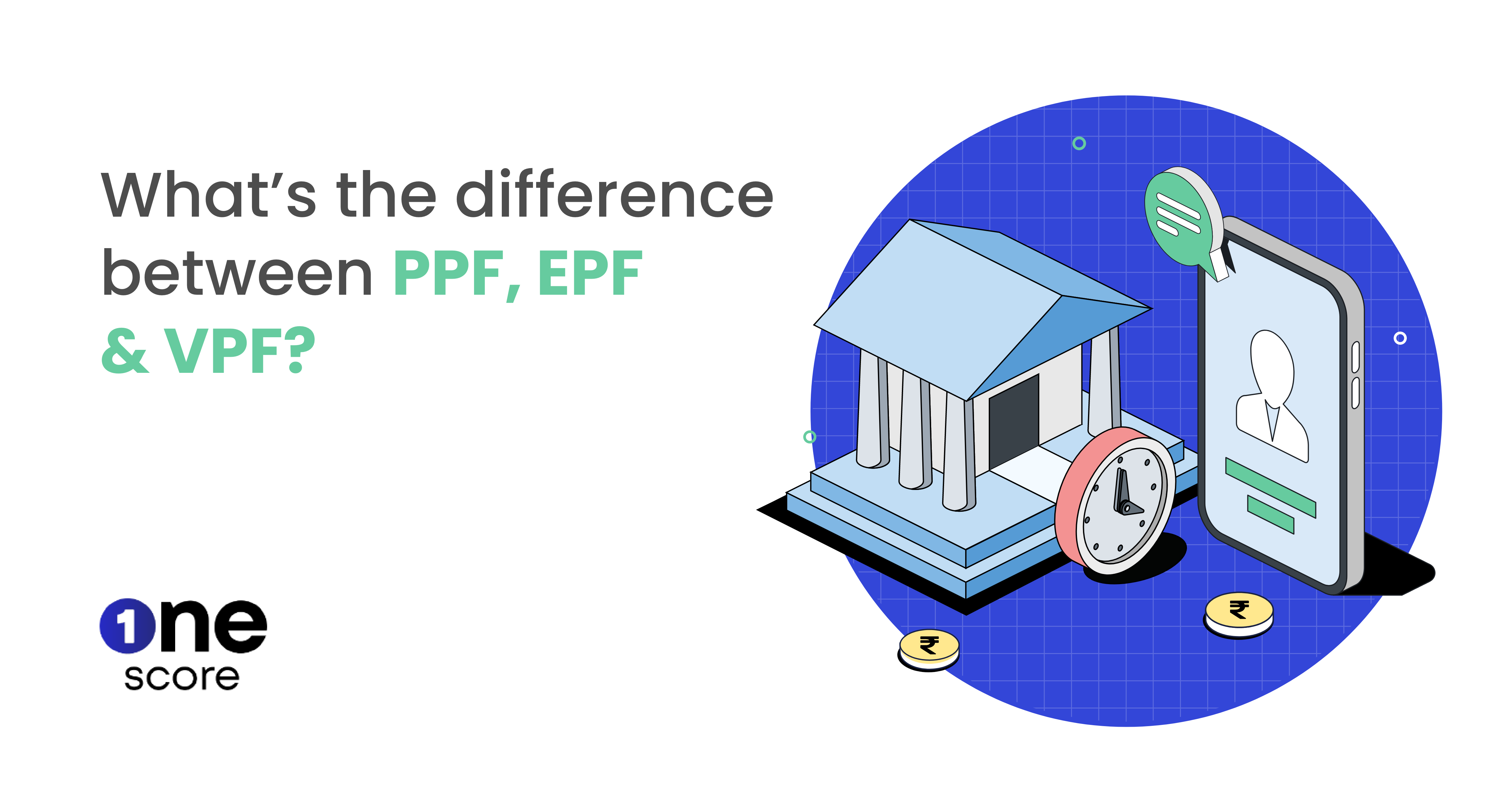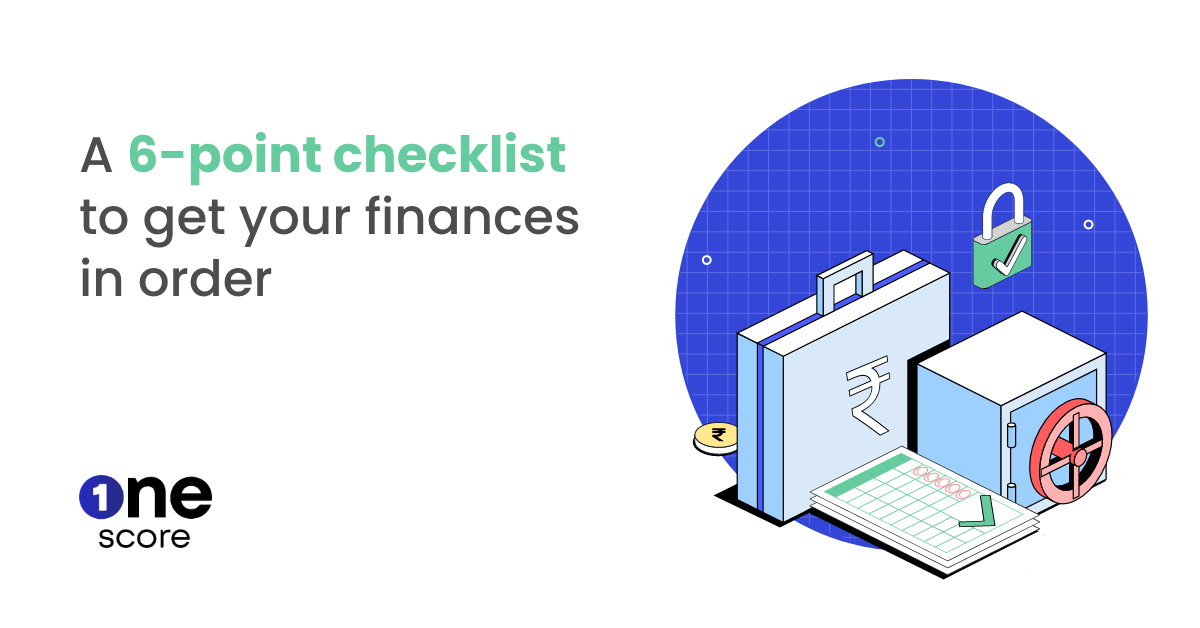Lending money to friends & family: The Do's & Don'ts
Lending money to friends and family can invite unnecessary headaches. You don’t just stand the risk of losing the money, but also the relationship. Read on to know more.

Listen to the article here:
Lending money to friends and family is a common practice in India. People find it easier to borrow money from family members because it usually doesn’t involve any documentation or a fixed repayment schedule. Most family loans are unsecured loans, i.e, there is no collateral in case the borrower fails to repay it. For a borrower, it may seem like a cost-effective alternative to bank loans, but it is a lot riskier for the lender.
Here are a few Do’s and Don’ts to follow while lending money to family and friends:
Don’t lend to someone you don’t trust
It might be difficult for you to refuse a friend in need but don’t rush the decision without assessing the situation. Lending money can put a strain on relationships, particularly if the borrower fails to repay the loan on time.
Ask yourself these questions before lending money to friends or family: Can I really afford it? Do I know enough about the borrower’s financial history? Am I prepared to deal with financial emergencies with the money I have left?
By lending to people you don’t trust, you don’t just risk losing the money, but also the relationship. You may or may not get your money back. It’s important to think carefully about whether the loan is worth risking your relationship with the borrower.
• Ask why they need a loan
Knowing the purpose behind the loan helps you set better repayment terms. In fact, it also makes it easier for you to refuse the loan, should you find it risky. E.g., if you found out your friend needs the money to set up a business, you might want to know more about the feasibility of their business idea. If they need it for a medical emergency, you perhaps would like to be more flexible with the repayment schedule.
• Assess your financial situation
Secondly, assess your own financial situation. Make sure that you have adequate savings to help them out and do not end up cutting down your living expenses or investments.
• Involve your spouse in decision-making
Ensure that your spouse is on board with your decision to lend money to relatives or friends. Because it doesn’t just cause a strain on your cash reserves, but can also affect the future goals of your family.
Don’t lend more than what you can afford to lose
While lending money to friends and family, there is always a risk of not getting your money back. Therefore, it’s safer to limit the amount to what you can afford to lose. This helps you to set realistic boundaries for lending money to friends and family, so you don’t end up needing a loan yourself.
Prepare yourself for worst-case scenarios to avoid shocks later. Expect delays, or perhaps no payback at all. Don’t rely on the loan money to pay your bills or premiums, it might jeopardize your financial plan.
• Set clear terms
Talking about money can get awkward but it’s better than the resentment you may feel afterward. Ensure the loan is not mistaken for a gift. You and the borrower must be on the same page regarding the repayment schedule, interest rate, and any other terms. Make a promissory note or a loan agreement to avoid misunderstandings later on.
• Learn to say no
If you don’t feel comfortable lending money to a friend or family member, don’t be afraid to say no. It’s better to be upfront about your concerns than to risk damaging the relationship by lending money you can’t afford to lose.
• Consider alternatives
Before making the lending decision, ask if there are any other ways you can help them. E.g., If the borrower is dealing with job loss, you can help them find a job or connect them with people who can help.
Another common scenario is relatives asking you to co-sign a loan. You might be asked to become a loan guarantor instead of giving a direct loan.
This can help them get approved for a loan they may not have been able to get on their own. While it may seem easier than giving a direct loan, remember that it can have worse consequences. Co-signing a loan works out only if you can trust the borrower’s ability to repay the loan. If the borrower defaults on the loan, you will be responsible for repaying it, which can negatively impact your credit score and financial stability. This can result in financial strain and even legal action. Therefore it’s important to consider the risks carefully before cosigning a loan.
Also read: Use the Score planner to increase your credit worth in 2023
1. Some more thumb rules while lending money:2. Avoid a compulsive borrower
3. Keep a record of payments
4. Put everything in writing
5. Create a solid repayment plan
6. Don’t break your emergency fund or investments for the loan money
Final words:
Lending money to friends and family can be tricky. While it can be a way to help those closest to you, it’s important to consider the risks involved and approach the situation with caution. By only lending what you can afford, establishing clear repayment terms, and being prepared to say no when necessary, you can lend responsibly.
To stay on top of your credit card and loan accounts, OneScore download OneScore.
**Disclaimer: The information provided on this webpage does not, and is not intended to, constitute any kind of advice; instead, all the information available here is for general informational purposes only. FPL Consumer Services Private Limited and the author shall not be responsible for any direct/indirect/damages/loss incurred by the reader in making any decision based on the contents and information. Please consult your advisor before making any decision.






- OneScore , April 04, 2023

